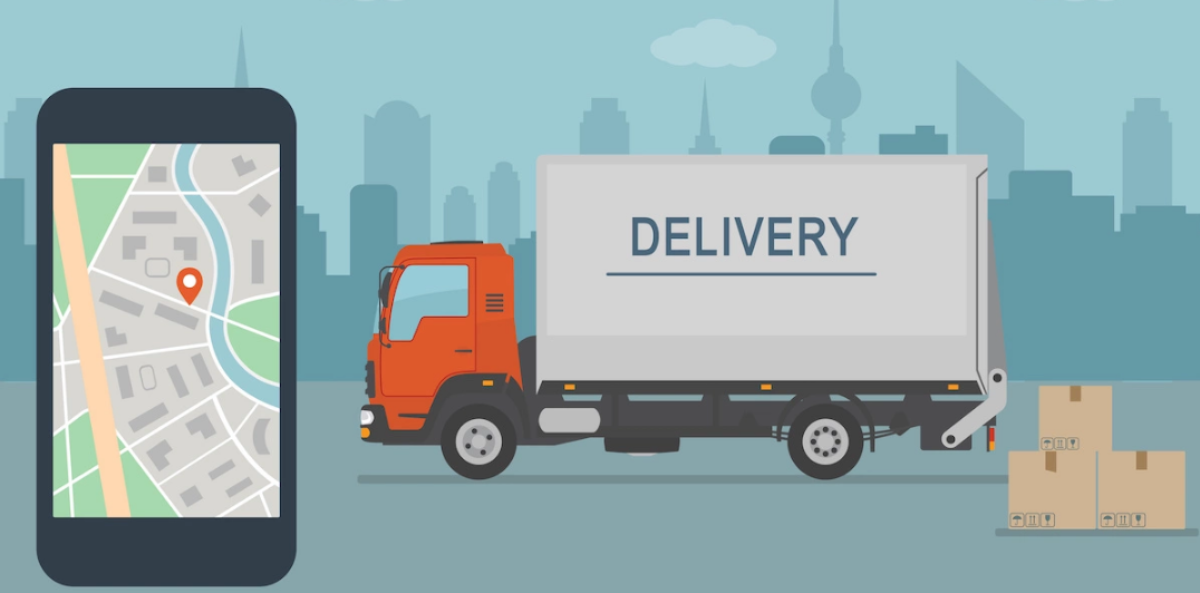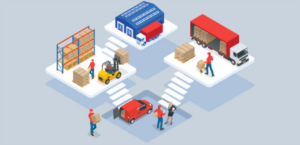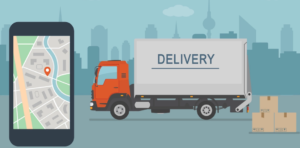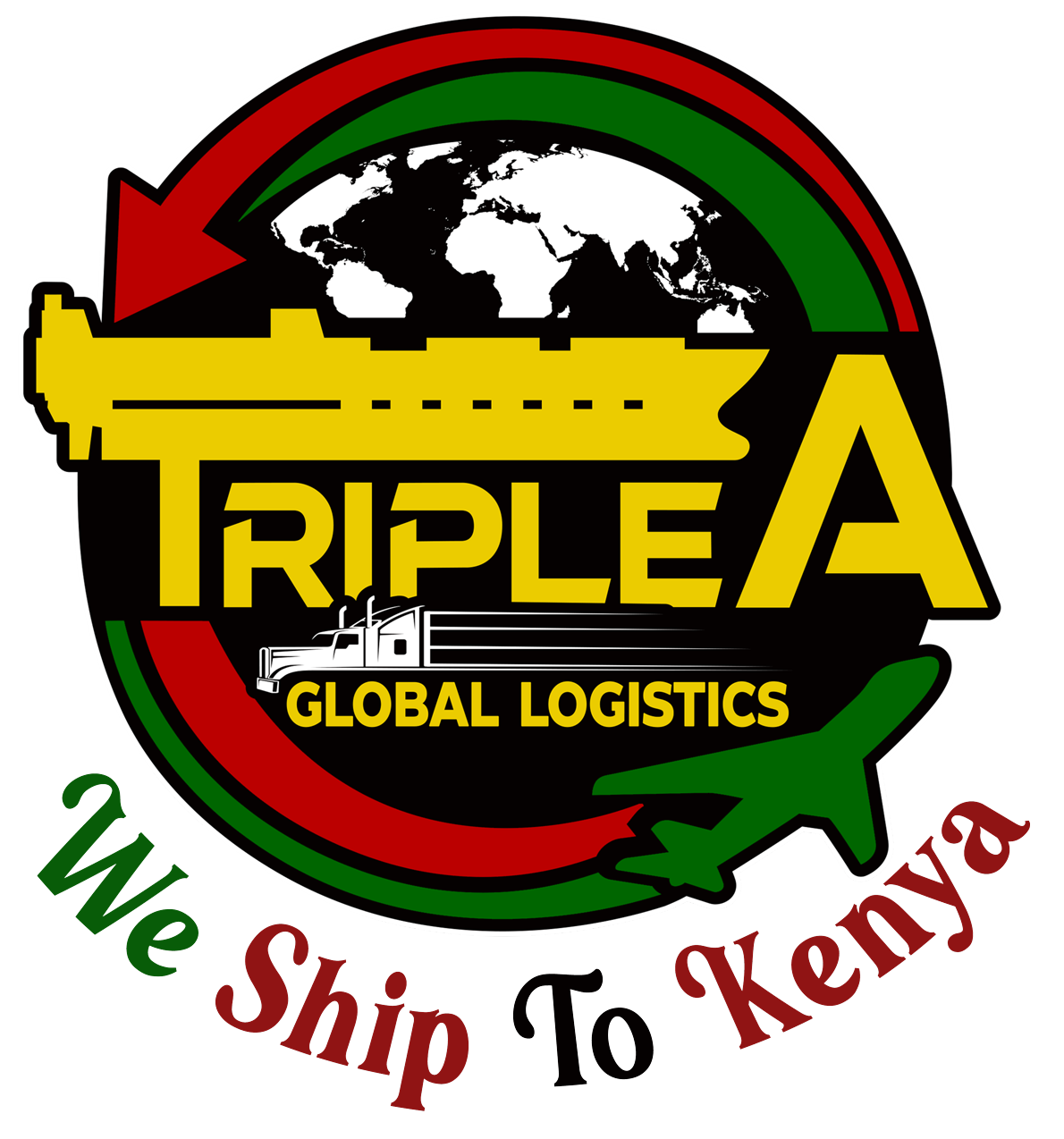Call Us:
+44 7800 648 660
+254 111 81 81 81
Mail Us:
info@tripleafreight.co.uk
Triple A

 In the fast-paced world of e-commerce and retail, getting products into the hands of consumers efficiently and quickly is paramount. This is where last-mile logistics comes into play. But what exactly are Last Mile Logistics Service Provider? Why is it so important?
In the fast-paced world of e-commerce and retail, getting products into the hands of consumers efficiently and quickly is paramount. This is where last-mile logistics comes into play. But what exactly are Last Mile Logistics Service Provider? Why is it so important? Understanding the components involved in last mile delivery is key to appreciating its complexity. It includes sorting facilities, delivery vehicles, route planning, and real-time tracking systems. Each component must work seamlessly to ensure a smooth delivery process.
Understanding the components involved in last mile delivery is key to appreciating its complexity. It includes sorting facilities, delivery vehicles, route planning, and real-time tracking systems. Each component must work seamlessly to ensure a smooth delivery process.
Comments
Can you be more specific about the content of your article? After reading it, I still have some doubts. Hope you can help me.
Thank you for your sharing. I am worried that I lack creative ideas. It is your article that makes me full of hope. Thank you. But, I have a question, can you help me? https://www.binance.info/fr-AF/register?ref=JHQQKNKN
Slotomania1’s games are shiny! I find them really fun to play, something for everyone for sure. Try out slotomania1, you might just like it!
Thank you for your sharing. I am worried that I lack creative ideas. It is your article that makes me full of hope. Thank you. But, I have a question, can you help me? https://accounts.binance.info/uk-UA/register?ref=XZNNWTW7
Jolibetph, my go-to spot for some quick games! Always a good selection and easy to deposit. Hope I win big today! Play the awesome games here: jolibetph
Medusagamevn? Alright, the theme is definitely on point if you’re into that kind of mythology stuff. Pretty engaging gameplay, and the visuals are nice. worth taking a look: medusagamevn